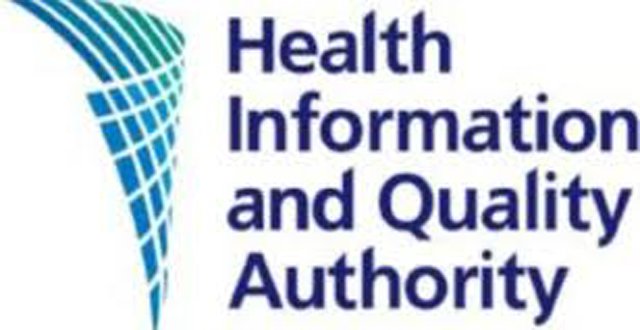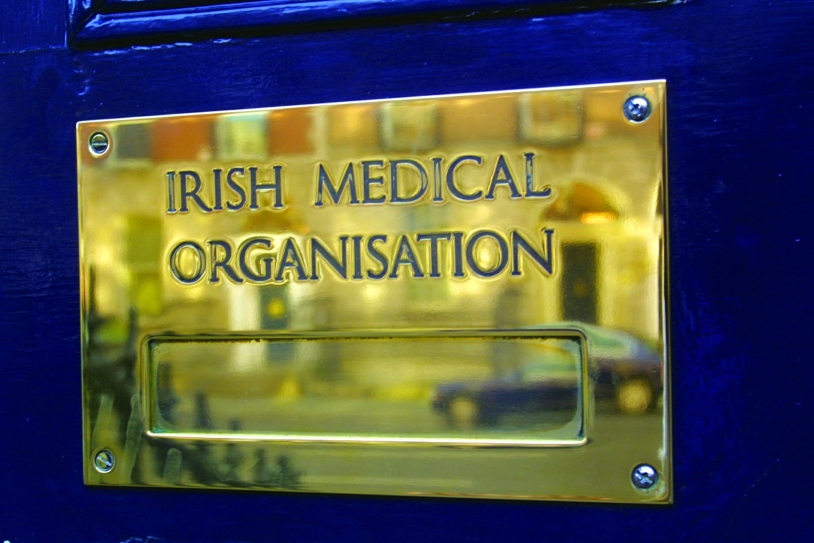One new temporary centre for people with a disability has been registered to accommodate up to 11 residents, HIQA informed the Medical Independent (MI) on 24 April.
“In addition, HIQA has granted a change to the current conditions of registration in 17 centres to enable them to add additional buildings, thus increasing the size of the centre,” according to its spokesperson.
On Sunday at a HSE press conference, it emerged there were 82 outbreaks of Covid-19 in residential settings for people with a disability.
As reported in MI earlier this month, intellectual disability services had started converting day centres into isolation units as part of their response to the pandemic.
However, a regulatory notice issued by HIQA on 31 March caused much dismay in the sector.
The notice requires services to register these isolation units as ‘designated centres’ within 28 days of opening.
Within the sector, many considered that such registration requirements would create extra footfall in the units, increasing infection risk, and overburden staff who were already under major pressure.
HIQA said the registration requirements were for everyone’s safety.
Meanwhile, providers are required by regulations to inform the Chief Inspector of Social Services of all outbreaks of infectious disease, including Covid-19.
However, HIQA declined to release this statistic to MI on Friday.
“Please be aware that all numbers relating to Covid-19 cases and clusters are officially recorded and published by the HPSC [Health Protection Surveillance Centre] and the HSE,” stated HIQA.
“As a notifiable disease, the publication of anonymised, accurate and timely information obtained from Covid-19 infections comes under the remit of the HPSC. By law, cases of Covid-19 must be reported to the HSE immediately in order to detect and investigate outbreaks, and prevent spread of infection.
“HIQA’s primary concern is the safety and the wellbeing of individuals living in residential care settings. In order to respect the privacy of those residents, HIQA does not comment on individual centres or cases, including on incidents of Covid-19 in these settings.”
The HPSC publishes information on outbreak/clusters under the category of ‘residential institution’ without denoting the type of residential institution, which can include mental health, children’s and disability centres, as well as prisons and direct provision centres.
There is a separate category for nursing homes.
The HSE informed MI on Friday that the “HPSC doesn’t break down this category [residential institution] any further as it contains a considerable variety of settings. A more detailed breakdown is not available, however it may be included in future reporting in due course as more data becomes available. This table is broken into HSE areas and there can be small numbers, potentially identifying a particular institution.”
However, MI had indicated that the geographic area was not required, if the overall number of outbreaks/clusters in disability centres could be supplied.
As of today, there have been 114 notifications of outbreaks/clusters in residential institutions, 208 in nursing homes and 27 in community hospital/long-stay units.
Inclusion Ireland, a national organisation representing people with an intellectual disability and their families, is meeting with the Minister for Health Simon Harris this morning.
Inclusion Ireland said the meeting “will discuss issues of deep concern to one of the most vulnerable and isolated group of people in Irish society, the people living in institutional settings”.
“According to HIQA figures, there are currently 2,900 people resident in institutional settings in Ireland. With the current visiting restrictions in place because of Covid 19 this is a very anxious and worrying time for this group of vulnerable people and their families,” stated the organisation.
“We are pleased that Minister Harris has agreed to meet with us and has prioritised the issues of people with intellectual disabilities and their families within his extremely busy schedule at present,” outlined Inclusion Ireland CEO Mr Enda Egan.
“At the moment, families have deep concerns at the lack of reporting regarding the numbers of people with disabilities within institutions who have passed away from or contracted Covid-19. They want assurances that these numbers will be reported and if an outbreak takes place in an institution that they will all be informed and kept updated on developments within GDPR rules.
“At the moment there are information gaps in reporting, this in turn can lead to speculation that’s not helpful for anybody. Clarity is required around issues such as prioritisation of PPE in long-term residential settings for people with disabilities.
“Also, flaws in the national policies about ethical decision making and related considerations need to be listened to and actioned. This has been rectified in other countries and there is no reason why the same can’t be done here.”













Leave a Reply
You must be logged in to post a comment.